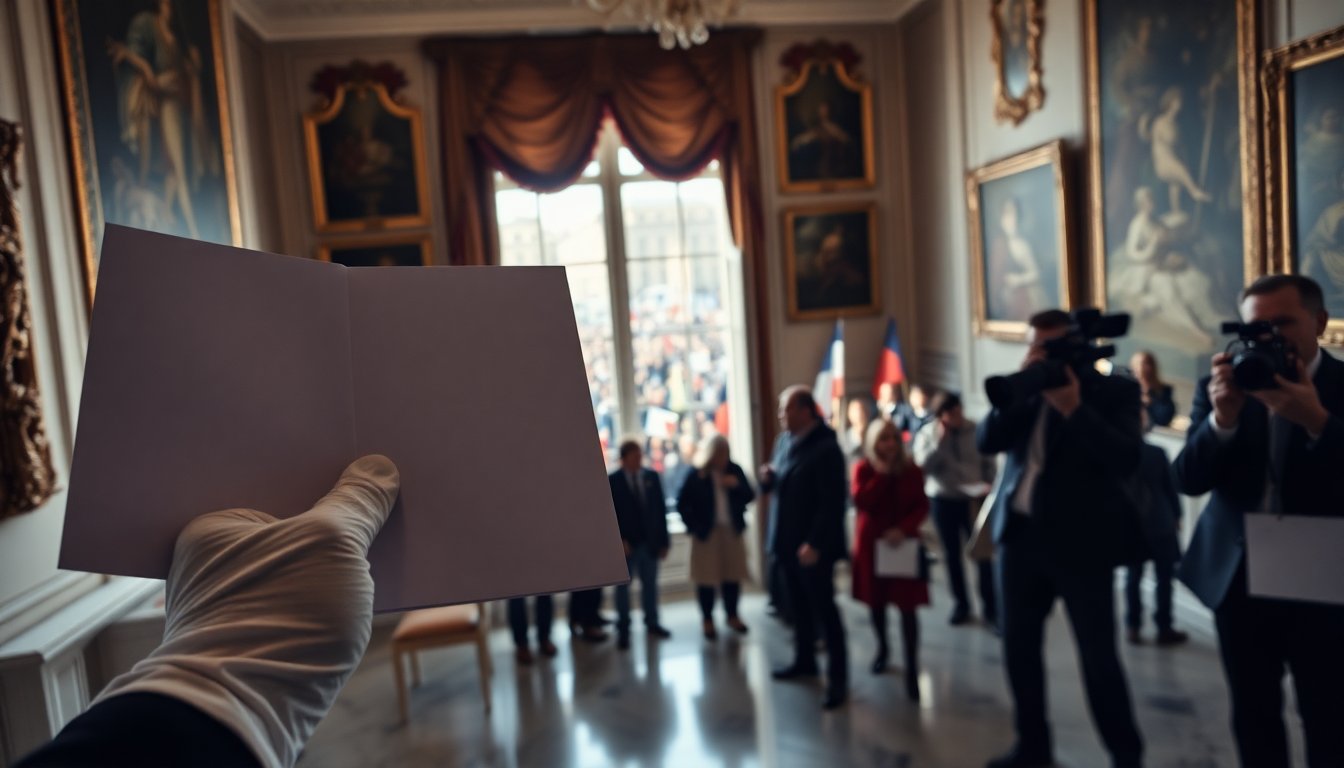Table of Contents
In a turbulent period for French politics, Emmanuel Macron is navigating a precarious landscape as the fifth prime minister to take office in just three years. This situation raises significant questions about the future of his administration and the broader stability of Europe. As Macron faces various political challenges, concerns in Berlin grow regarding the potential implications for the continent.
Understanding the political landscape in France
The current political crisis in France results from a combination of factors that have contributed to increasing instability. Macron’s leadership is under scrutiny not only due to internal party dynamics but also because of widespread public discontent. The rapid turnover of prime ministers highlights a deeper dysfunction within the political framework, raising alarms about the effectiveness of governance in France.
The implications for European unity
France, a leading nation in the European Union, is currently facing political turmoil that poses significant risks to the entire bloc. Concerns surrounding Franco-German relations are particularly critical, as these two countries frequently serve as the driving force behind key European policies. A weakened France may impede collaborative efforts on essential issues, including climate change, economic recovery, and security.
The view from Berlin: apprehensions about the future
In Berlin, political leaders are closely watching developments in Paris. They recognize that the political climate in France has direct implications for Germany and the European Union. Concerns are rising over how instability in France could impact critical agreements and initiatives between the two nations. The Franco-German axis has long been a foundation of European integration, and any disruption to this relationship could threaten to fragment the EU.
The balance of trust between nations
Trust plays a crucial role in the relationship between Paris and Berlin. As France’s political landscape shifts, maintaining that trust will prove increasingly challenging. Politicians such as Roland Theis from the CDU stress the importance of open dialogue and cooperation, even in times of uncertainty. The future of the Franco-German partnership depends on both nations’ capacity to navigate these turbulent waters collaboratively.
Domestic challenges: Military service debates and beyond
The coalition government faces significant internal strife amidst ongoing political turmoil. A prominent issue is the debate over a contingent military service. This proposal has sparked tensions within the coalition, especially between the ruling Union and the SPD. Rixa Fürsen provides insights into the proposed plans and their potential implications for the coalition’s stability.
Political missteps in communication
Compounding these debates is a recent marketing misstep in Baden-Württemberg. An initiative aimed at promoting a podcast series has proven more costly than effective. This highlights the challenges of political communication in the digital era. Such errors risk further eroding public confidence in political leaders, complicating an already intricate landscape.
France faces significant challenges both internally and externally, with the implications of these issues poised to impact the future of President Macron’s leadership. The outcomes will not only determine his presidency but also influence the broader European landscape, as leaders throughout the continent monitor the situation closely. Moving forward will require resilience from Macron and his administration, as well as cooperative efforts among all European nations to foster stability and unity.


